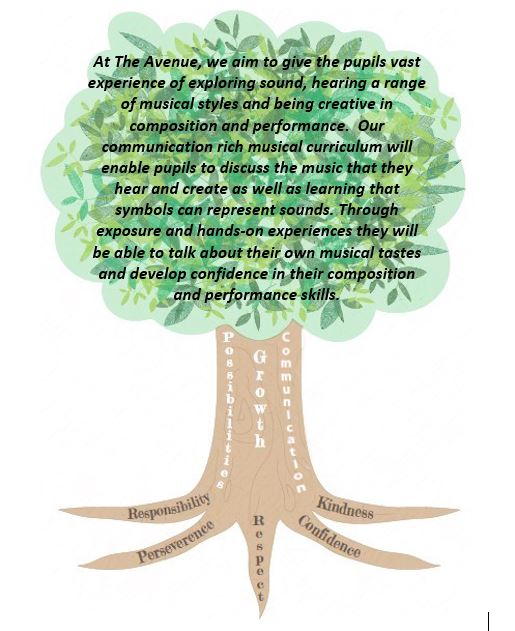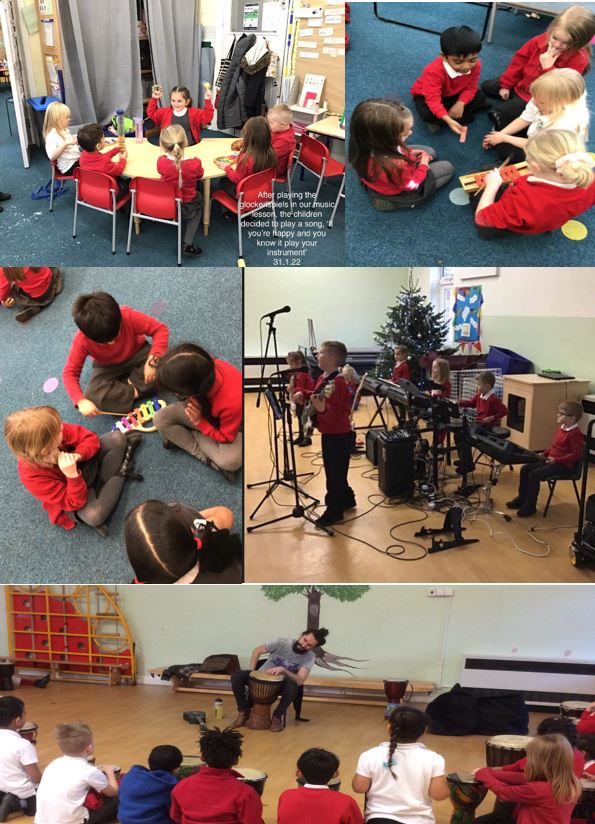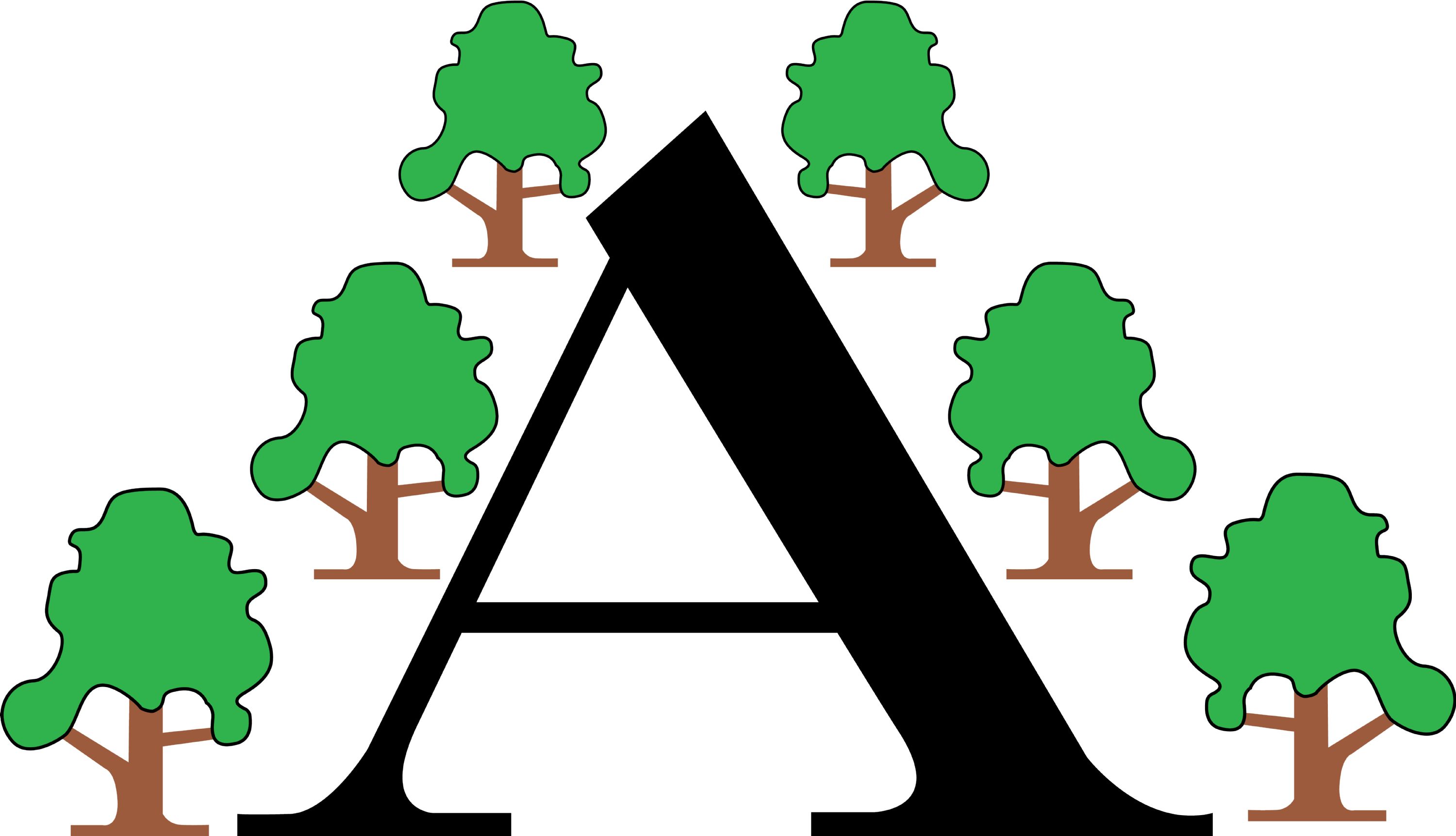Music
Curriculum Intent: Music

Possibilities -To have high aspirations and know all of the opportunities available to them.
Growth -To recognise and celebrate their own individual journey, understanding their own uniqueness and strengths and those of others.
Communication -To have high levels of oracy; having a rich and wide vocabulary to be able to explain their own ideas and thinking and be able to collaborate and respond to others.
Whole School Curriculum vision for Music |
|
|
Possibilities To have high aspirations |
During their time at The Avenue we are aiming for the children to participate in a variety of musical experiences, from live music to recorded pieces and composing their own music too. We want to inspire all children with their own and others’ musical abilities. |
|
Growth To recognise and celebrate their own individual journey |
As children progress through each year group they will build on their musical knowledge. Their vocabulary will expand and their understanding of different genres will increase. There becomes more opportunity for celebration through improvisation, composition and performance therefore building on their confidence levels. The children should be presented with opportunities to work collaboratively and independently as musicians. |
|
Communication To have high levels of oracy |
A big part of our music curriculum is developing children’s ability to be able to listen and appraise a whole range of musical pieces with all different styles. By exposing the children to high level musical vocabulary this will allow them to communicate with others their personal opinions through likes, dislikes and explanation. |
Implementation:
Our pupils should be able to organise their knowledge, skills and understanding into the following threshold concepts:
- Performance
- Composition
- Musical communication (transcription and critique)
These key concepts underpin the children’s learning through the year groups from Reception to Year 2. This enables pupils to reinforce and build upon prior learning, make connections and develop subject specific language.
The vertical accumulation of knowledge and skills from Years R to 2 is mapped as follows:
Progression in Threshold ConceptsThe procedural and semantic knowledge pupils need to understand the threshold concepts |
|||
Threshold Concepts |
Reception Step - Foundations to Basic |
Year 1 Step - Basic |
Year 2 Step - Advancing to Deep |
|
M1- Performance |
Sing familiar songs, make music and dance |
Develop awareness of musical features in performance |
|
|
M2- Composition |
Explore different sounds of music |
Compose music on own and with others Compose with an awareness of musical features and purpose/effect. |
|
|
M3- Musical communication (transcription and critique) |
Know that visual symbols and signals can be used to change music Respond to music liked or disliked (heard or performed) |
Use and interpret visual and written symbols to represent sounds and changes
Use musical terminology to talk about music and what they like / dislike |
|
Threshold Concepts |
End Points |
| M1- Performance |
By the end of Year 2... All children should be able to confidently sing and perform a range of familiar songs. They will be able to listen and respond to a variety of musical styles, expressing their own thoughts and opinions through application of musical vocabulary/terms such as pitch, duration, dynamics, tempo, timbre, texture and structure. The children will feel inspired to create their own music through opportunities of improvisation and composition using different instruments and their voices and beginning to create musical scores with use of pictures, colour, notes and grids. |
| M2- Composition | |
| M3- Musical communication (transcription and critique) |
Aspirations For The Future
Pupils develop an understanding of how subjects and specific skills are linked to future jobs.
Here are some of the jobs you could aspire to do in the future as a Musician:
· Theatre performer
· Songwriter / composer
· RAF Musician
· Performer
For more careers, please visit First Careers
Impact
Assessment
Through the explicit teaching of the Music skills, both the teachers and the pupils assess their learning continuously throughout the lesson. Our assessment systems enable teachers to make informed judgements about the depth of their learning and the progress they have made over time.
Pupil Voice
“Yes, I like music”
“I like clapping the song and singing it”
“My favourite bit is when you answer questions about the songs”
“I like playing the instruments”
“It’s important because we can learn new songs and it helps you to be a good singer”
“We got to perform at the Church for the Nativity”
“We get to compose with instruments”
It’s clear from the pupil voice gathered that the children enjoy their music lessons at school and feel inspired to learn musical instruments as they grow older. They also show a keen interest in music and enjoy expressing their own likes and dislikes for certain songs.
Snapshots
Here is what Music looks like at The Avenue:

